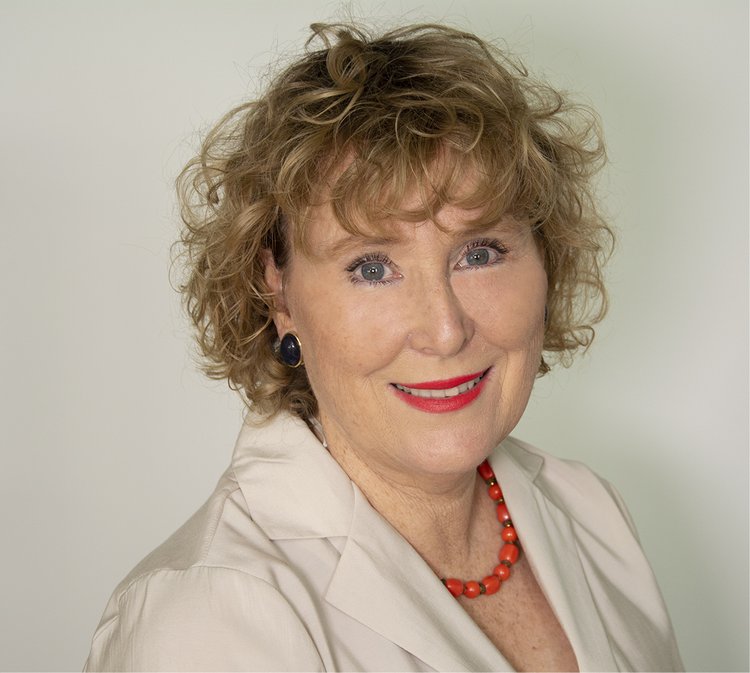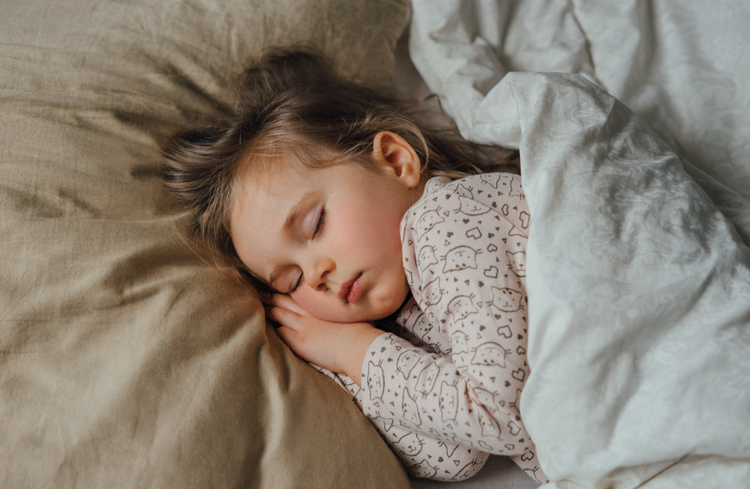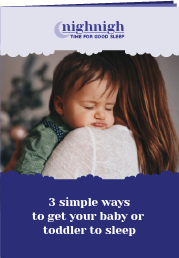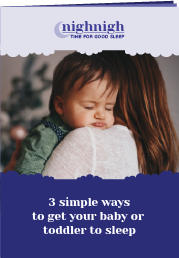Is melatonin safe?
Australian sleep practitioner and registered nurse Deb Herdman says while studies have found melatonin to be “safe” for kids, she warns parents to be cautious about buying gummy varieties online.
“I would not recommend melatonin gummies. Non-pharmaceutical grade melatonin – including gummies – bought in stores or online is not well regulated,” she tells 7Life.
“Melatonin is a hormone and therefore should not be presented as a type of candy.

Australian sleep practitioner and registered nurse Deb Herdman says studies have found melatonin to be ‘safe’ for kids. Credit: Deb Herdman
“It is best purchased in pharmaceutical grade from a pharmacist. It can be purchased in liquid form to make dosing easier for children.”
Herdman urges parents who are buying melatonin products online to pay attention to the dosages.
“The amount of melatonin is highly variable – with the highest variation in chewable form, the most common type given to children,” she says.
Doses can start at 0.5 mg up to 3 mg which has been found to be the maximum beneficial affect.

She says while melatonin is a safe medication for kids, there are other options.
“As a sleep practitioner, and for kids not neuro-challenged, I always recommend cognitive behavioural therapies (CBT) as they are highly effective and clinically proven as the gold standard for the treatment of insomnia,” Herdman says.
“CBT for insomnia can also produce fast results as children learn to fall asleep faster and consolidate sleep during the night, which means less waking.”
“Essential elements for easier sleep include a calm approach, as anxiety makes it harder to fall asleep.
“Consistency in the sleep space and an ordered routine also helps.”

She encourages parents to assess sleep hygiene – including the bed, covering, sleep attire, room temperature and amount of light in the bedroom.
“Rises in core body temperature and light signal the body that it isn’t time to go to sleep or that it is time to wake – both of these things signal less sleep hormone,” she says.
“Our internal sleep hormone is melatonin. Although I wouldn’t recommend giving melatonin for insomnia treatment, it is highly effective and part of the treatment used for kids with circadian rhythm disorders.
“This type of sleep problem typically includes late sleep onset after midnight and sleeping in, to get adequate sleep hours.
“Used short-term for around two weeks, melatonin is closely timed to realign circadian rhythms to sleep at night and be awake in the day, as natural melatonin does.”
She recommends that, if sleep issues continue for three months or more, parents seek help from sleep practitioners certified in CBT.
TGA responds
Journalist Cindy Tran for 7News Health and Wellbeing writes; A Department of Health and Aged Care spokesperson told 7Life melatonin products available on international websites were not regulated by the TGA.
“The TGA advises consumers to exercise extreme caution when considering purchasing medicines, including dietary supplements and herbal preparations, over the internet,” the spokesperson said.

“Products that are not regulated by the TGA may not meet Australian manufacturing quality standards and could also contain undisclosed harmful ingredients.
“The TGA advises that children suffering from any medical condition should be seen by a doctor, and not given medicines purchased from the internet.”
Melatonin is available in two ways in Australia – depending on the indication, pack size and dosing.
For “Pharmacist Only”, the TGA has approved melatonin products over-the-counter for patients 55 years and older for the short term treatment of primary insomnia.
Pharmacist Only Medicines cannot be purchased without consulting a pharmacist who will decide if the medicine is appropriate for the patient.
For “Prescription Only”, the TGA has approved melatonin medicine for the treatment of insomnia in children and adolescents aged between two and 18 with Autism Spectrum Disorder and/or Smith-Magenis syndrome only.
Prescription Only Medicines must be prescribed by a registered doctor – or in some cases, certain nurses.
Read the full article at 7news.com.au
Sweet Dreams
from
Deb Herdman






